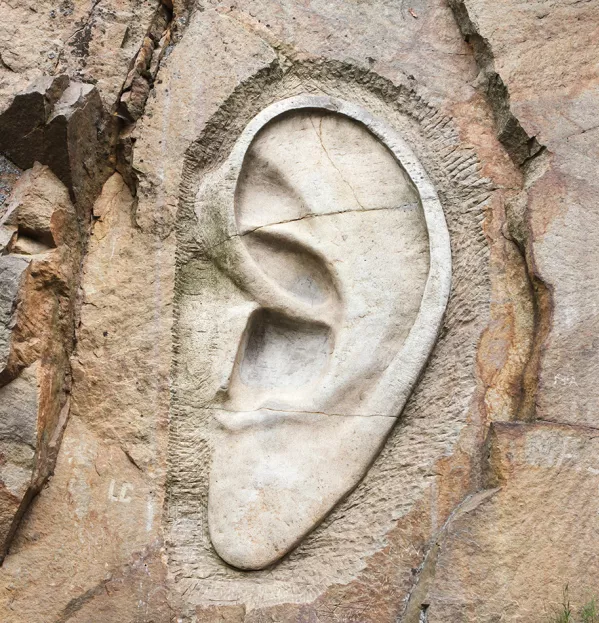While we don’t yet understand the long-term effects of the Covid-19 pandemic, we are already beginning to identify some of the more immediate impacts - not least, the widening of the gap in outcomes between children who live in disadvantage and those who do not.
This inequality is illustrated by a wide-ranging new report from the Northern Health Science Alliance (NHSA) and N8 Research Partnership, involving research from over 40 leading academics from across the North of England.
The Child of the North study shares insights from health, education and social care. It concludes that the health, wealth and lived experiences of children in the north are more likely to be impoverished, compared with children living in other parts of England.
It reveals that, during the pandemic, children in the north were lonelier, with 23 per cent of parents in the north reporting their child was “often” lonely, compared with 15 per cent of parents in the rest of the country. Children in the north were also less likely to be able to engage with school during each lockdown, missing more school work than their peers in other areas.
But it doesn’t end there. Children in the north are more likely to be living in poverty and living with obesity. Shockingly, they are also more likely to die under the age of 1.
There are more children in care in the north; more children who experience food insecurity; more who experience racism. Schools in the north have disproportionate numbers of vulnerable and disadvantaged children.
All of this has been exacerbated by the pandemic.
So, what can we do about it? The report makes many recommendations, with its eye fixed firmly on policymakers.
But there are clear messages for those of us working in schools, too: we need to focus on reducing obesity and supporting those in food insecurity. We must continue to develop and improve our digital learning offer, and to maintain the focus on care, community and responsiveness.
The report serves as a welcome reminder of our holistic duty of care as educators, concluding with the reminder that children’s rights (and their voices) should be at the heart of all the decisions that we make about education.
The United Nations Convention of the Rights of the Child, ratified by the UK in 1991, can help us here. It offers a ready-made framework for auditing how children’s interests and needs should be accommodated - something that teachers should aim to do every day and in every way. This includes when thinking about Covid recovery.
The Child of the North report describes how, in March 2021, young delegates from 18 secondary schools in Bradford met to create a manifesto to serve as a foundation for bringing young people’s voices into recovery efforts in the years to come.
The 10 principles they developed should remind us all of the importance of consulting children and young people on the decisions that will affect their futures. In their words, we should all be working to “make this the beginning of a brighter future for us all, full of colour and light”.






